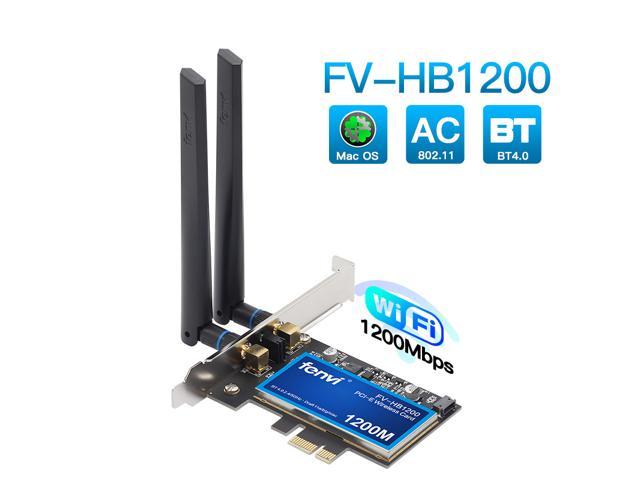- Joined
- Jun 16, 2019
- Messages
- 31
- Motherboard
- Gigabyte Designare Z390
- CPU
- I9-9900k
- Graphics
- Vega 64
- Mac
- Classic Mac
- Mobile Phone
So I have tired updates my OS X again to be faced with the same issue if a Kernel panic. last time you guys asked for a video to scrub through so that is attached, any help would be great, I have updated to the latest version of Clover before updating


